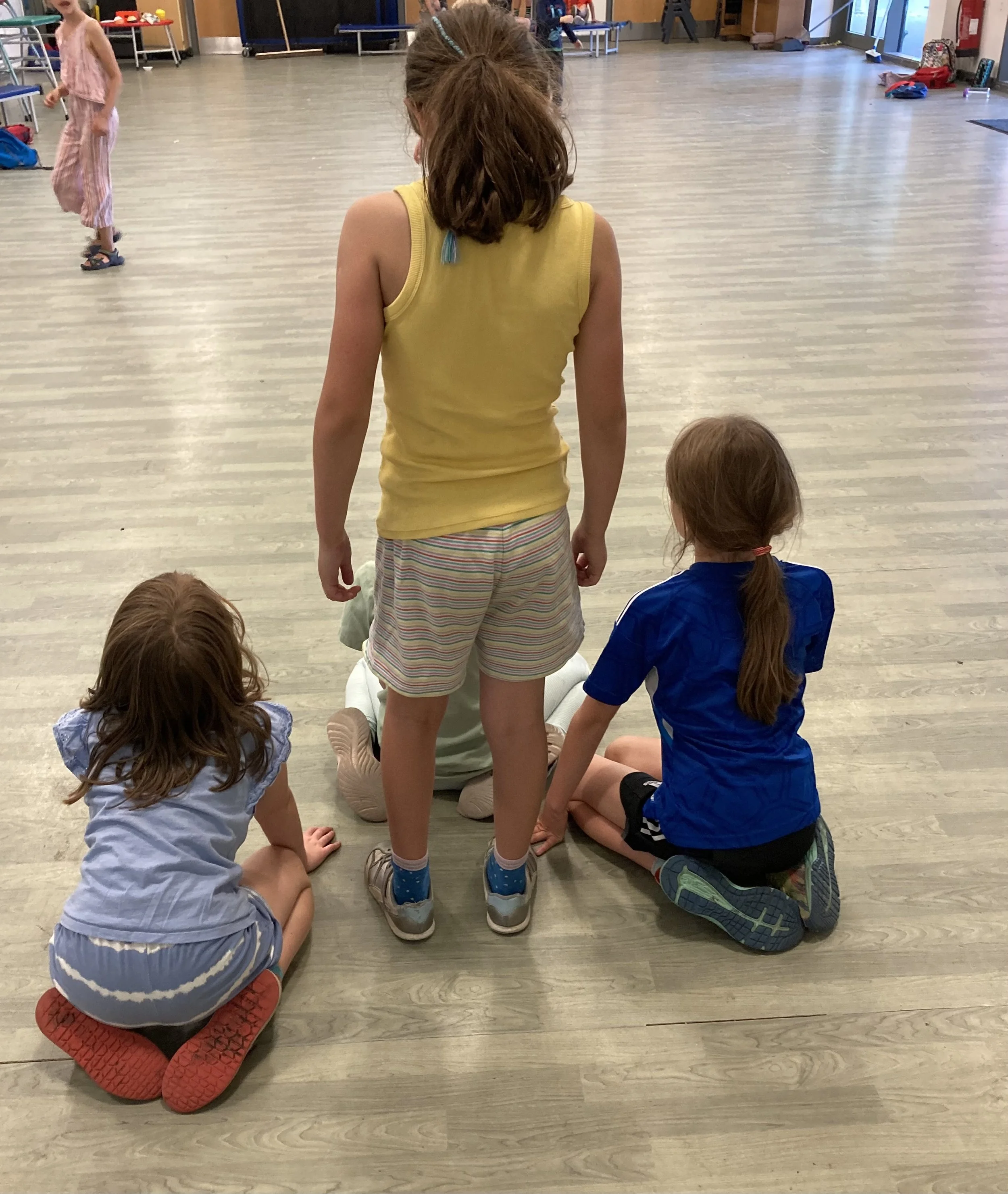Relationships
Through drama games, image theatre and improvisation, these PSHE workshops offer pupils the opportunity to explore relationships in a fun, interactive and personal way.
Suitable for both KS1 and KS2 these sessions focus on friendship: the importance of friendship, and what a healthy, positive friendship looks like.
“Drama offers dynamic ways of exploring emotions, relationships and personal perspectives in a safe space.”
PHSE
Curriculum Links
-
Caring friendships
How important friendships are in making us feel happy and secure, and how people choose and make friends.
The characteristics of friendships, including mutual respect, truthfulness, trustworthiness, loyalty, kindness, generosity, trust, sharing interests and experiences and support with problems and difficulties
That healthy friendships are positive and welcoming towards others, and do not make others feel lonely or excluded
That most friendships have ups and downs, and that these can often be worked through so that the friendship is repaired or even strengthened, and that resorting to violence is never right
How to recognise who to trust and who not to trust, how to judge when a friendship is making them feel unhappy or uncomfortable, managing conflict, how to manage these situations and how to seek help or advice
-
Respectful friendships
The importance of respecting others, even when they are very different from them (for example, physically, in character, personality or backgrounds), or make different choices or have different preferences or beliefs
Practical steps they can take in a range of different contexts to improve or support respectful relationships
The conventions of courtesy and manners
The importance of self-respect and how this links to their own happiness
That in school and in wider society they can expect to be treated with respect by others, and that in turn they should show due respect to others, including those in positions of authority
About different types of bullying (including cyberbullying), the impact of bullying, responsibilities of bystanders (primarily reporting bullying to an adult) and how to get help
What a stereotype is, and how stereotypes can be unfair, negative or destructive
The importance of permission-seeking and giving in relationships with friends, peers and adults
-
Spoken language
Maintain attention and participate actively in collaborative conversations, staying on topic and initiating and responding to comments
Use spoken language to explore ideas
Participate in discussions, presentations, performances, role play, improvisations and debates.

